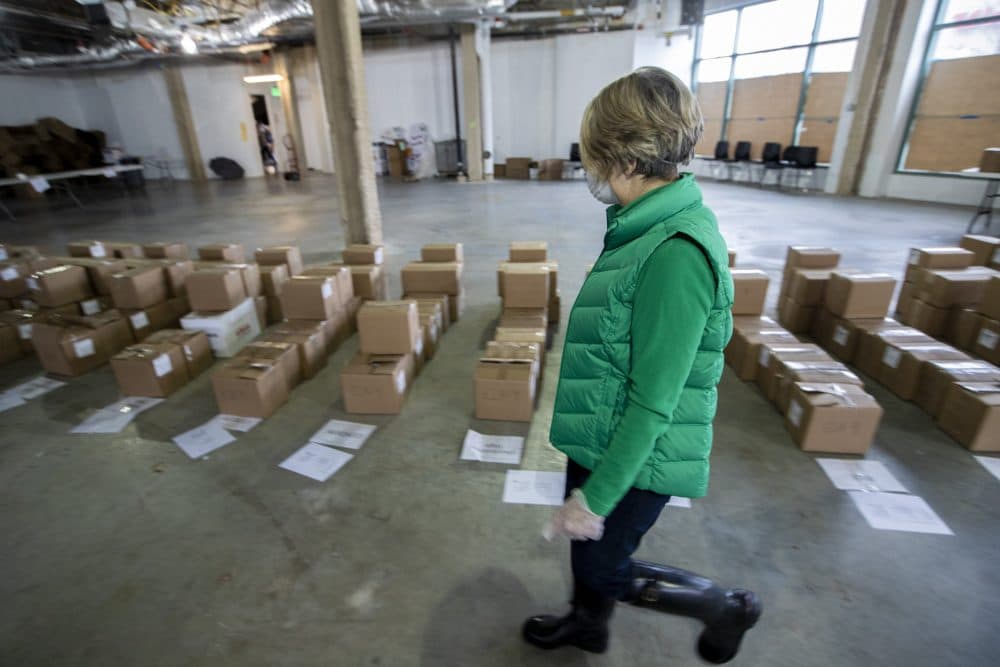Advertisement
Boston Public Schools Updates Remote Learning Plan With More Structure

As Boston Public Schools prepares for an all-remote finish to the school year, it's released new guidelines to give students more structure while they learn from home.
The revised remote learning plan, which takes effect Monday, is laid out in three tiers. The first tier includes all students and requires things like scheduled morning and afternoon meetings that meet on a regular basis. It also requires teachers to begin recording attendance and provide meaningful feedback to student work.
Grades are also coming back — in some form. The grading system is designed so that feedback only gives students credit and does not hurt their academic standing. Elementary school students will be graded based on their progress toward the state's new critical standards: "Not Yet Meeting," "Approaching" or "Meeting." Middle and high school students can get letter grades for the upcoming term if it's an improvement from their pre-closure standing. Otherwise, grades issued will be "Pass" or "Incomplete."
Superintendent Brenda Cassellius said she's hopeful the added structure will be helpful to students.
"I've heard that there's been some variability that a family might have two children in their home and one child is getting instruction every single day and the other is not," said Cassellius. "So I think this is going to bring more predictability."
Tier two of the plan covers students who are identified as needing extra support. It encourages teachers to develop individual student success plans that offer kids additional support with instruction and other needs.
And tier three sets up a recommended guideline for how to re-engage hard-to-reach students.
Cassellius said she feels good about moving forward this way and the opportunity to try a blended learning system that combines synchronous and asynchronous opportunities. Students will be getting about three hours of real-time class instruction each day and one hour of work that can be done at any time.
"I see that students who have anxiety at school and mental health issues may have opportunities to come to school differently," she said. "Especially if it demonstrates that students don't lose a lot of ground."
BPS officials said that they won't be holding any students back a grade next year, but they are planning some form of testing in the beginning of the year to assess student learning needs.
Officials with the Boston Teachers Union said they appreciate that the plan is centered on the importance of equity and access. In a written statement Jessica Tang, the group's president, also praised the district for deciding not to hold students back next year but did express concern about whether parents and students have enough time to adjust to the new schedules and guidelines.
"This may be particularly challenging for our families in most need of support though we appreciate the plan's clear focus on supporting the most vulnerable students," she said.
